5 Practical Tips to Communicate with Infants and Toddlers
{ By Cara Tyrrell }
Our infants and toddlers can’t talk to us yet, but they are thinking as they process the world around them. How we talk to them before they can talk back matters. Here are five practical tips for using intentional language for optimal early cognitive development!
Use sentences that are six words or less.
This allows your baby to fully process and comprehend the meaning behind your words.
“Narrate” their experiences and yours.
It’s like holding a linguistic mirror up to their every activity. You are playing with the yellow blocks. I’m washing dishes while you eat your snack.
Include a wide range of emotional vocabulary.
Raising emotionally regulated and intelligent kids with empathy and compassion (2 indicators of success in school) is a big job. We often lump a baby’s feelings into two camps: happy or sad. Saying things like “I see how frustrated you are. It’s ok to be disappointed. It looks like you are overwhelmed. Would you like some help?” supports this early development.
Forecast” upcoming activities or events.
Babies and toddlers like to know what’s coming next. They feel safe learning inside the routine and predictability. You can say things like “In ten minutes it will be time for lunch” or “Today we are going to the bank and the post office” or “When we get home it will be bath time.” You are supporting early time-management and cognitive planning skills.
Replace “Do you want?” with “Would you like?”
We spend the first two years of their lives asking them what they want then are often shocked when they start demanding things using, “I want” as their sentence starter. (how rude!) Using “would you like” supports early decision-making skills and results in a child with manners when they start to talk back!
Cara Tyrrell, M.Ed, is the mother of three girls, an early childhood educator, and the founder of Core4Parenting. While teaching preschool and Kindergarten, she identified a pattern of underdeveloped skill sets in her students leading her to found Core4Parenting. Her work empowers new moms on their parenting personal development journey while teaching them how to maximize their baby’s early learning. Graduates of her courses move from new mom overwhelm and anxiety to confidence and clarity. Follow her on Instagram @Core4Parenting and explore the womb-to-1 digital course library.

Cara Tyrrell
LINKEDIN: https://www.linkedin.com/in/cara-tyrrell
FACEBOOK: https://www.facebook.com/Core4Parenting
INSTAGRAM: https://www.instagram.com/core4parenting






